In a significant stride towards enhanced safety practices in the Rustenburg mining region of South Africa, a pivotal upgrade has been implemented with the installation of PBE Axell’s Proximity Alert System (PAS) on a Dieci telescopic handler. This safety measure aligns with a growing industry-wide commitment to minimising the risks associated with vehicle-personnel interactions, especially in bustling mining settings where traffic is constantly in motion. This installation exemplifies the proactive steps being taken to ensure safer operational environments, reflecting PBE Axell’s dedication to pioneering advanced safety solutions within the mining sector.

Improving Operational Safety with Proximity Alert System Installation in the Rustenburg Mining Region.
Designed to enhance workplace safety by reducing risk of collision with:
PAS Collision Avoidance
Collision avoidance technology designed for busy mines, worksites, warehouses, and industrial environments.
Mining in the Rustenburg Region
The Rustenburg area stands as a significant hub for the extraction of platinum group metals (PGMs), characterised by its intricate network of mining activities. These operations are a blend of underground and surface ventures, where both heavy machinery and personnel are in constant motion.
In these environments, safety takes precedence, especially concerning vehicle interactions. The challenges posed by limited visibility, the diversity of vehicle types, and the complexity of operational layouts elevate the potential for vehicle-related incidents. Mitigating these risks is critical to ensuring a secure working environment for everyone involved.
Dieci Telescopic Handler
Dieci telescopic handlers, commonly referred to as telehandlers, are engineered as versatile lifting solutions essential in the mining sector. Their adaptable nature, substantial lifting capabilities, and exceptional maneuverability make them indispensable for both surface and subterranean mining tasks. While initially crafted for construction and agricultural uses, the durable construction and modular framework of Dieci telehandlers have been seamlessly integrated into the mining industry, addressing its diverse operational demands.
Dieci telehandlers Functional Role in Mining Operations
In mining settings, Dieci Telehandlers are typically used for:
- Material transport (piping, tools, heavy equipment).
- Underground logistics in narrow drifts and tunnels.
- Scaffolding support and raised work platforms.
- Emergency response for recovering stalled machinery or transporting personnel in confined spaces
Models like the Dieci Samson, Icarus, and Dedalus lines are common in industrial applications due to their strong load ratings (ranging from 2.5 to 7 tons) and lifting heights up to 18+m.
Dieci Telehandler Engineering Features Relevant to Mining
- Four-wheel drive and steering: Ideal for navigating rough, uneven terrain commonly found on mine sites.
- Low-profile cabin design: Suitable for tight clearances underground.
- Hydrostatic transmission: Provides precise control and responsiveness for safe operation in congested zones.
- High-load boom structures: Built to withstand demanding industrial workloads and repeated duty cycles.
Dieci Telehandler Safety Considerations in Mining Environments
While telehandlers like Dieci’s are essential to efficient site logistics, they present a number of safety challenges in active mining environments:
- Blind Spots and Operator Visibility Due to their structure and boom placement, telehandlers have limited operator visibility to the rear and sides, a known risk factor for pedestrian collisions. In dusty, dimly lit, or congested underground environments, these risks are amplified.
- Proximity to Pedestrians and Equipment Dieci handlers frequently operate near personnel and other machinery, especially during loading/unloading or supply distribution in active areas. Sites with mixed traffic (pedestrians, haul trucks, light vehicles) increase the likelihood of collisions.
- Maneuvering in Constrained Spaces Tight tunnels, corners, and ramps in underground mines require sharp turning and slow maneuvering environments where real-time hazard detection is crucial.
Why Integrate PAS Technology with Dieci Handlers?
Proximity Alert Systems (PAS) are a logical safety upgrade for telehandlers in mining because:
- They compensate for the machine’s inherent blind spots, alerting operators before a potential incident.
- Sensors can be calibrated to account for vehicle-specific dimensions and site risk profiles.
- Real-time alerts improve reaction times, especially when multiple machines or personnel are nearby.
- Integrating PAS with Dieci handlers ensures regulatory compliance in jurisdictions where proximity detection is required for underground operations.
The Dieci telescopic handler is a vital tool in modern mining due to its adaptability and performance. However, its operating profile — especially in confined, pedestrian-heavy mine zones — makes it a high-value candidate for safety enhancement through technology.
Pairing Dieci equipment with advanced PAS systems represents a proactive approach to risk mitigation, supporting a safer and more productive mining environment for all personnel.
PAS Installation Details
To mitigate these risks, the vehicle was equipped with PBE Axell’s Proximity Alert System (PAS), which includes:
- PAS-Zonal Controller (L8): The system’s central unit, which manages detection zones and system responses.
- PAS-450 Sensors: - These sensors provide 360° monitoring around the vehicle, detecting the presence of personnel and other obstacles in predefined hazard zones.
The system alerts the operator through audible and visual indicators when a person or object enters a danger zone, allowing for prompt response and prevention of potential incidents.


